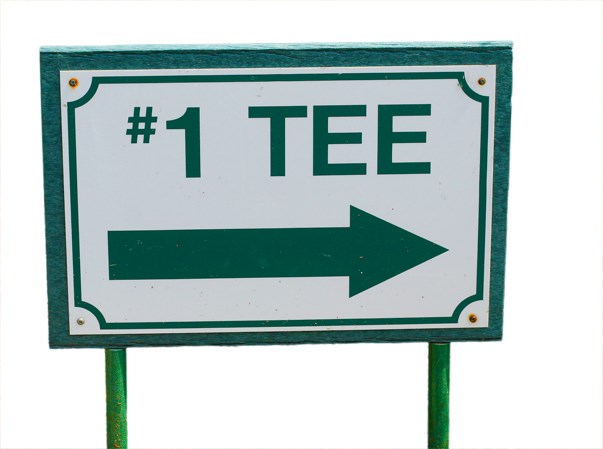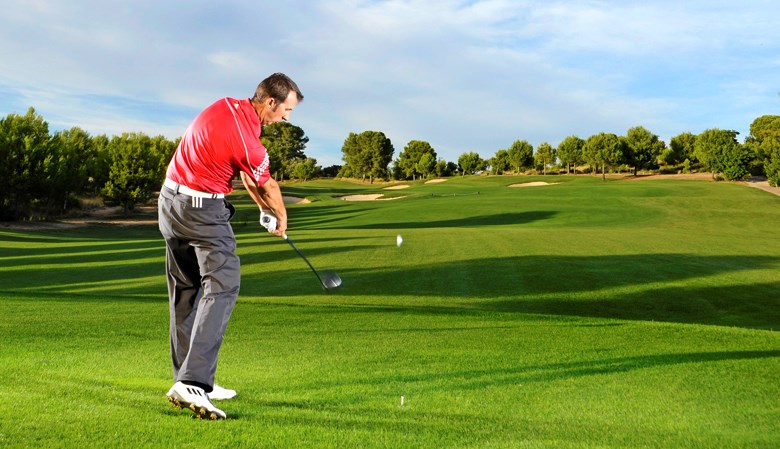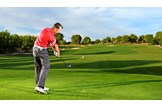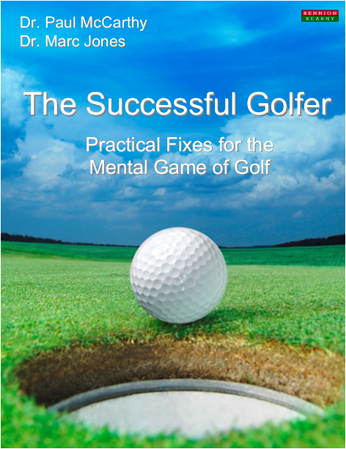How to conquer 1st tee nerves
Published:
The first shot of the golf round is usually the most stressful, and this often results in a poor effort that immediately puts you in a tricky position and undermines your confidence. It’s natural to feel nervous on the 1st tee because the outcome of the shot is important to you, you are unsure about the outcome and there is usually an audience watching.
Much of your practice time is wasted because the practice conditions do not resemble what you experience on the course. On the 1st tee you might feel that you haven’t prepared as well as you’d have liked, but you’re forced to take a shot, often with a driver with obvious hazards facing you. Many professional golfers also feel nervous on the 1st tee and often they fail to execute the shot they were intending to execute. If they can do it, perhaps you shouldn’t be too hard on yourself and expect too much.
The solution
When you lower your expectations, you naturally begin to relax and allow yourself to play the game you are capable of playing. Nobody else is holding your club – you are in charge. If you accept that during a round of golf it is normal to have poor shots, you can accept that one poor tee shot won’t disrupt your whole game. It might be annoying, but you can adapt and continue to play the game.
The key to hitting a good shot off the tee might depend on using your favourite club – one that suits you and gets you to play your best golf. How much better is the middle of the fairway compared with the rough, even if you lose some distance? If you’re comfortable hitting a 6-iron or rescue club off the tee, then have the confidence to choose that shot – that is what a composed and confident golfer would do. If you watch golf on TV, the positive professional takes the best option for themselves every time.
No-one else will play with your ball. It is your choice how you get it into the hole; so be sensible and do it the best way for you and your scorecard rather than what you think is best to match everybody else’s opinions.

Proof this thinking works
The study
Nine golfers were filmed striking their 1st tee shot during three separate club competitions (in other words, a high-stress situation) and their swings were compared with five practice shots taken with an identical club (a low- stress situation).
The results
Analysis of the swing parameters indicated the swings were different between low and high-stress situations; however, the only clear pattern to emerge from the study was an increase in swing tempo during the swings made in competition. This manifested itself in the backswing times and the downswing phase being quicker in competition.
What you can learn
Be aware that your swing tempo may change from practice to competition and take steps to keep it consistent. Why golfers should swing quicker in competition than practice is unclear. But what can happen when placed under stress is that players feel uncomfortable and they rush their shots to escape the feelings of discomfort. The use of techniques to maintain a consistent rhythm in competition and practice may help, such as counting a beat on the backswing as well as the follow-through.
Need more help with your game? Click here for a range of tuition videos.
Get the book for more mental tips like this
This is an excerpt from ‘The Successful Golfer: Practical Fixes for the Mental Game of Golf’ by sports psychologists Dr Paul McCarthy and Dr Marc Jones. Available now for £13.99. Visit www.BennionKearny.com/golf for more information.


